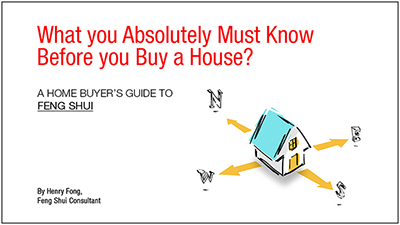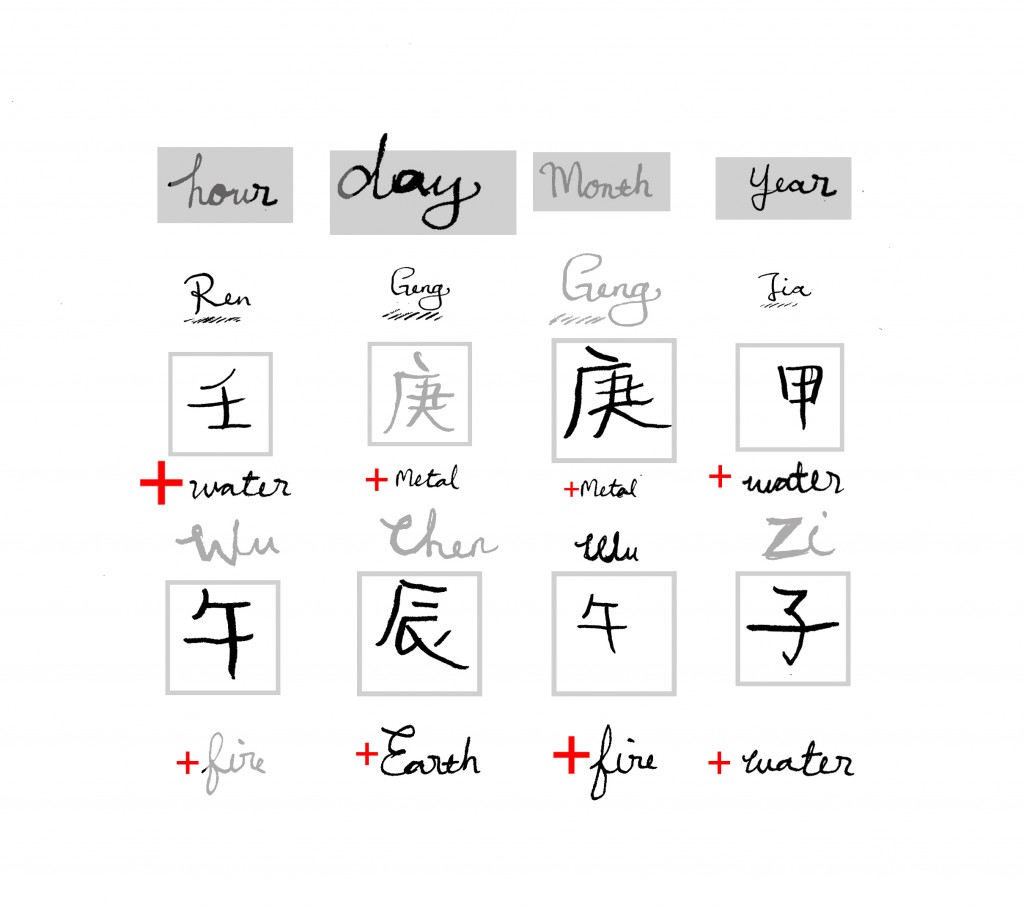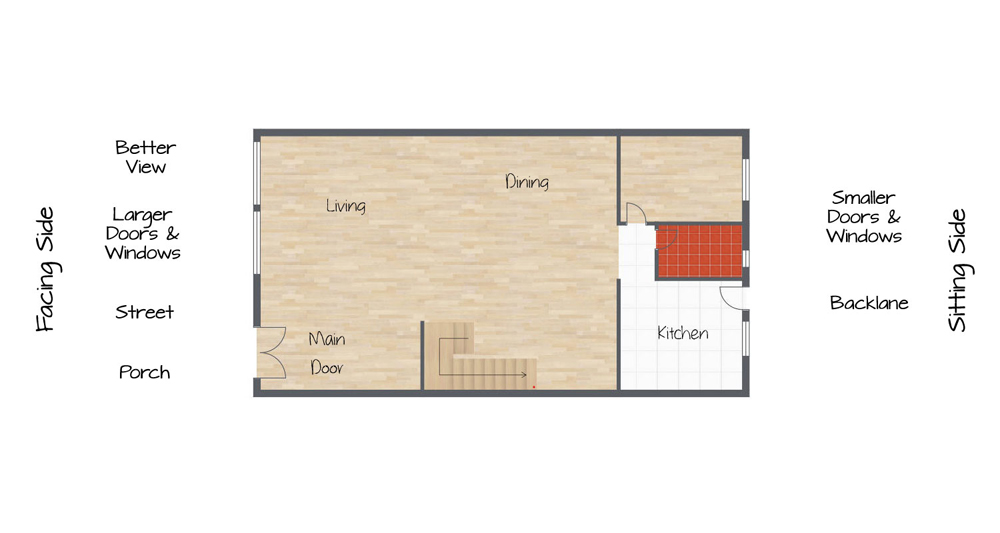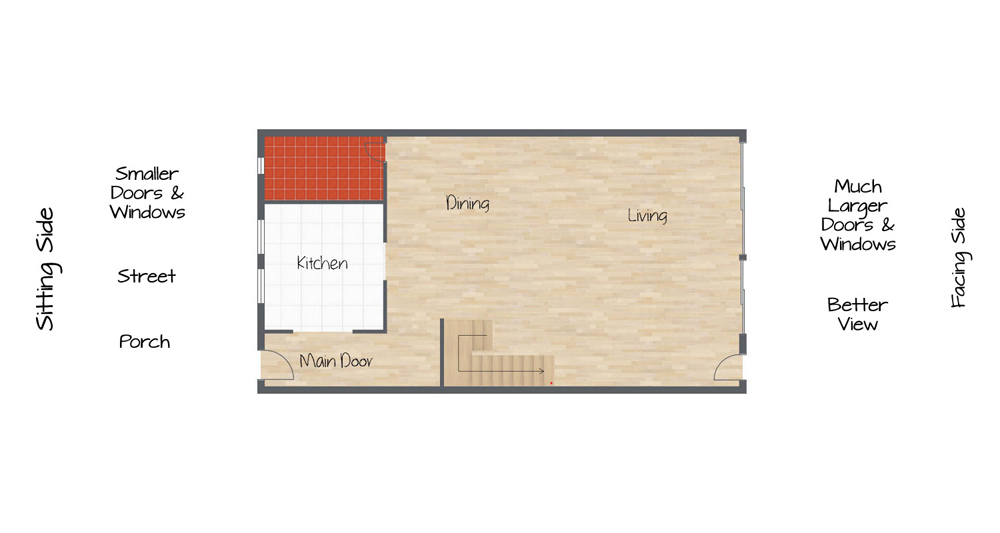(This is an article that I wrote for the HomeDec magazine)
During the Feng Shui audit of the interior of a house, a practitioner will spend most of his effort in the most auspicious sectors for the main door, bedrooms and kitchen.
In this article, I will share with you tips on selecting an auspicious sector for the kitchen and the best practices regarding the placement of the stove and related items such as the sink and refrigerator
First on selecting a suitable location of the kitchen.
The kitchen is associated with the fire element since it is primary for cooking. In the theory of the Five Elements, wood is a favourable element as wood produces fire. In the Lo Shu, the east and south east sectors are associated with wood. Hence, most practitioners would evaluate the auspiciousness of these two sectors. If they are favourable, then these sectors are usually chosen for the kitchen.
Sometimes these sectors may not be suitable for the kitchen. If so, a practitioner would normally give preference to sectors that are occupied by the current period wood stars 3 & 4. Again this is based on the preferred situation of wood producing fire. Or he may select a sector with auspicious stars. It depends on the design.
In addition to the above, the kitchen should also be well ventilated and receive plenty of sunlight. Dark and poorly ventilated kitchen encourage the grown of bacteria and can become an unhealthy hiding place for vermin.
Now let’s look at some best practices for positioning the stove within.
The stove should not be placed under an overhead beam.
It should also not be placed under a toilet especially directly underneath the bath or WC (water closet). In some houses the kitchen is located on one level with a bedroom directly above. In such a case, make sure that the bed is not directly underneath the stove. If you cannot relocate the stove, then you should relocate the bed. Ancient teachings say that those who sleep above the stove is likely to suffer emotional problems! The stove should also not share the same wall directly behind the WC or bath.
The stove should be properly supported ideally with a wall behind and not against a window. It should not directly face a door or an opening into the kitchen. It should also not directly face the door leading into the toilet.
While the stove is of the element fire, other items commonly found in the kitchen like the wash basin and refrigerator belong to the element water. In the theory of the Fire Elements, fire and water clashes and therefore they should not be place next to each other or directly opposite. They can be placed adjacent to each other provided that there is a gap of two feet or more. When placed opposite, they should be offset from each other.
Does the height of the stove matter?
There are different thoughts on this. Some insist that the height of the stove be an auspicious one based on the Feng Shui ruler. Others conform to some rule about its relationship to the wash basin. For me I feel that this is less critical then having a height that is comfortable for the person doing the bulk of the cooking and washing.
What is the best colour for the kitchen?
Given a choice, I recommend green which is the colour of wood that has a producing or auspicious relationship with fire (the element of the kitchen and the stove). However this is severely limiting to the interior designer who may prefer some other colour other than green. I have worked on many house and I conclude that the location of the kitchen and stove has a more telling effect on the occupants than the colour of the walls in the kitchen. Therefore while green is good, other colours are acceptable too. Having said that, I would suggest that you avoid red or orange as these are the colours of fire. It might get too hot!








